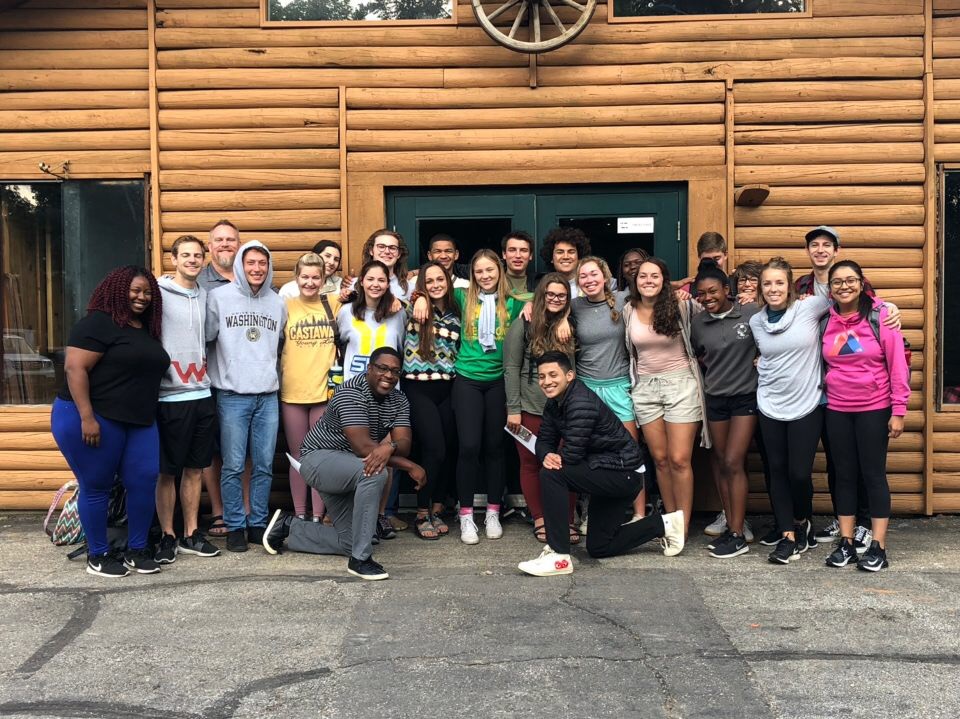“Broadway” to Africa and the Middle East…How did that happen?” What do Broadway Musicals and ministry in Africa/Middle East have in common? Well, at first glance...not much. However, this innovative fundraising event actually makes perfect sense. In the greater Denver area, there is a dynamic faith community of music lovers, theater goers, and committed Young Life fans who get together each year to put on a performance like none other. The ‘Big Idea’ surrounding Broadway to Africa (BTA) (a vision started by Shelley Sadler and a few others) was simply to have a musical experience, focused on Broadway show tunes, with the proceeds from the performances going to support ministry in Africa and the Middle East. What could be easier? ...just wait.
Young Life is present all over the country and around the world. From small towns to International, cities to college communities, to 103+ countries around the globe to over 1,300 YL Areas, 81,000 Volunteers and 5000 staff. In the midst of being in so many locations it can become a challenge to be truly together as ONE MISSION. The scripture verse that has surrounded BTA over the years has been Zephaniah 3:17, “...ours is a God who is with us...is mighty to save...delights in us...quiets us with His love...and (even) rejoices over us with singing”--a message we long to share. Ours... We... Us… Together language!
When BTA began in 2011, there were 18 cast members, one performance, one dress rehearsal, and the event raised funding to offset the cost of one Young Life Africa Women’s Leadership Summit serving 35 staff.
Now, 8 years later there are:
92 cast members,
4 months of rehearsals
10 sponsored Camps (8 in Africa, and 2 in the Middle East).
4 performances
3000 campers who will experience summer camp
Without a doubt, the most beautiful part of the Broadway to Africa experience over the years has been the privilege of watching the Lord move in and tangibly affect not only students in Africa and the Middle East. However, the 125+ people involved in production (i.e., cast and crew, band, costume designers, directors, and “sponsors”) and the hundreds in the audience are also deeply impacted. Broadway to Africa is a really creative and powerful tool in helping change lives both in the US and all over Africa and the Middle East. “Literally thousands of young people go to camp and have an experience that, in Africa and the Middle East, they rarely get to have. When they may otherwise live in utter poverty, war zones, or orphanages, at camp these kids are are fed, cared for, safe, loved, known, and noticed, all in the name of Jesus.” On the US-side Senior Director, Jennifer Condreay who has given her time to BTA since the beginning celebrates that “each year our practice and rehearsal season is an amazing 16 weeks of hard work, joy, and fellowship!”
It may be true that it takes a whole community to reach a community and when you do EVERYONE IS CHANGED! That is what we have seen happen each year at Broadway to Africa.
For more information about how you create your own ‘Kingdom-minded’ event contact Shelley Sadler or to learn more about the production, just click here. This year the production in Denver is June 7-9th. Being one mission is not easy, but it really can be beautiful and you may just find yourself singing. See you on Broadway!
.



















